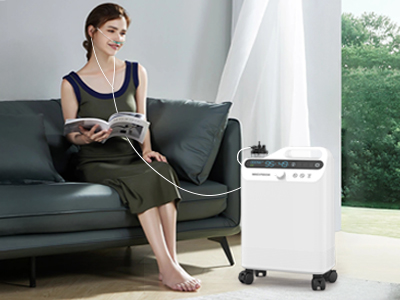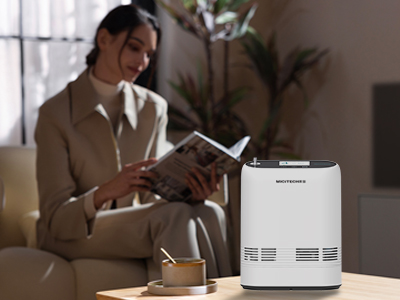17 Nov 2023
When considering acquiring an oxygen concentrators individuals are faced with the decision of whether to purchase the equipment outright or opt for a rental arrangement, both having their own sets of advantages and disadvantages.

Advantages of Buying an Oxygen Concentrator
A. Long-term Cost Efficiency Purchasing an oxygen concentrator can be more cost-efficient in the long run as it eliminates recurring rental expenses, making it a more economical choice over an extended period.
B. Convenience and Ownership Benefits Ownership of the equipment provides a sense of autonomy and convenience, allowing users to utilize it whenever necessary without any time constraints or rental limitations.
Disadvantages of Buying an Oxygen Concentrator
A. Upfront Cost and Investment One of the primary drawbacks of buying an oxygen concentrator is the initial substantial investment required, which might be financially challenging for some individuals.
B. Maintenance and Repairs Responsibility Being the owner means taking on the responsibility of maintenance, repairs, and potential replacement costs, adding to the long-term financial commitment.

Advantages of Renting an Oxygen Concentrator
A. Lower Initial Cost Renting an oxygen concentrator typically involves a lower initial cost compared to purchasing, making it a more accessible option for those with limited upfront funds.
B. Flexibility and Short-Term Usage Renting offers flexibility, especially for short-term or temporary oxygen therapy needs, allowing users to access the equipment without the obligation of long-term ownership.
Disadvantages of Renting an Oxygen Concentrator
A. Long-term Cost Accumulation While renting might seem financially feasible initially, over time, the cumulative rental expenses can surpass the cost of purchasing, making it a less cost-effective option in the long run.
B. Limited Ownership Benefits Renters miss out on the benefits of ownership, such as the convenience of continuous access, customization, and the absence of rental limitations.
Factors Influencing the Decision
A. Frequency and Duration of Use Consideration of how frequently and for what duration the oxygen concentrator will be needed significantly impacts the decision between buying and renting.
B. Financial Considerations and Budget Individual financial situations and budget constraints play a crucial role in determining whether the upfront cost of purchasing or the ongoing rental payments are more manageable.
Decision-making Process
A. Consulting Healthcare Professionals Consulting healthcare providers or specialists can offer valuable insights into the specific needs and requirements for oxygen therapy, aiding in the decision-making process.
B. Evaluating Individual Needs and Preferences Personal preferences, lifestyle, and the level of independence desired while undergoing oxygen therapy are essential factors to consider when choosing between buying or renting.
Conclusion
A. Weighing the Pros and Cons Both buying and renting an oxygen concentrator come with their own set of advantages and drawbacks, necessitating a careful consideration of individual circumstances.
B. Making an Informed Decision Ultimately, making an informed decision regarding whether to buy or rent an oxygen concentrator involves weighing the financial implications, duration of usage, and individual preferences to ensure the most suitable and cost-effective solution for oxygen therapy needs.
Keywords: oxygen concentrator
Originally published 17 Nov 2023, updated 17 Nov 2023.